For the first time, Armenia will host five Nobel Prize laureates, who will give open lectures on Biochemistry, Physics and Medicine this April in Yerevan.
The “Nobel Days in Yerevan” event, unprecedented in Southern Caucasus, will be held on April 11-16 at Yerevan State Medical University.
“Be inspired and create” slogan will unite beneath the same roof those who want to get inspiration from world-renowned scientists and work to obtain scientific achievements, thus, returning Armenia into the international club of advanced countries.
One week, one place, five Nobel laureates
The idea to invite Nobel Prize winners in Medicine, Biology and Physics belongs to Professor Konstantin Yenkoyan, Vice-Rector for Science and Research at Mkhitar Heratsi Yerevan State Medical University (YSMU).
He worked with Israeli biologist, Nobel Prize in Chemistry 2004 laureate Aaron Ciechanover in 2004-2005. Their close cooperation resulted in Israeli scientist’s visit to Armenia, where he performed lectures by the invitation of YSMU in 2010. Aaron Ciechanover is one of the scientists visiting Armenia this April.
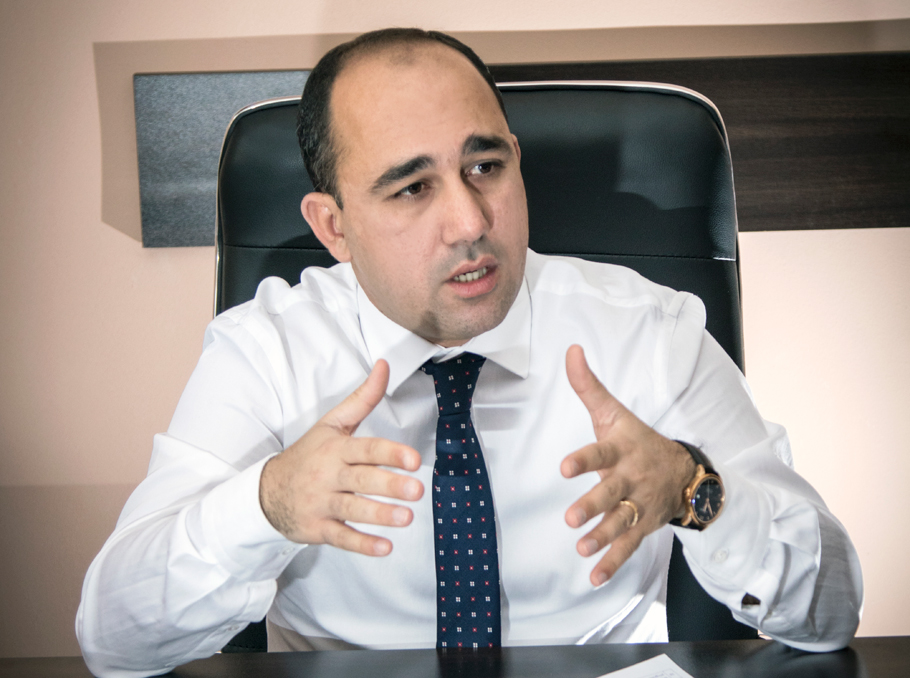 Konstantin Yenkoyan
Konstantin YenkoyanPhoto: YSMU
“The idea to invite other famous Nobel Prize winners to Armenia was born in late 2014. We began practical steps in this direction and sent invitations to the scientists in 2015. I didn’t believe it would be possible to organize the event so soon, in 2016. During negotiations with people of this magnitude, you should keep in mind that their schedule is very busy. When we received five positive answers, we decided we could stop there and “be satisfied” with 5 Nobel laureates for now,” told Konstantin Yenkoyan, whose idea found support from the administration of his native University.
Top five heads to Armenia
Biologists Aaron Ciechanover (Israel) and Ada Yonath (Israel), chemist and physicist Dan Shechman (Israel), pathologist John Warren (Australia) and chemist Ei-ichi Negishi (Japan) will give lectures in Yerevan in April.
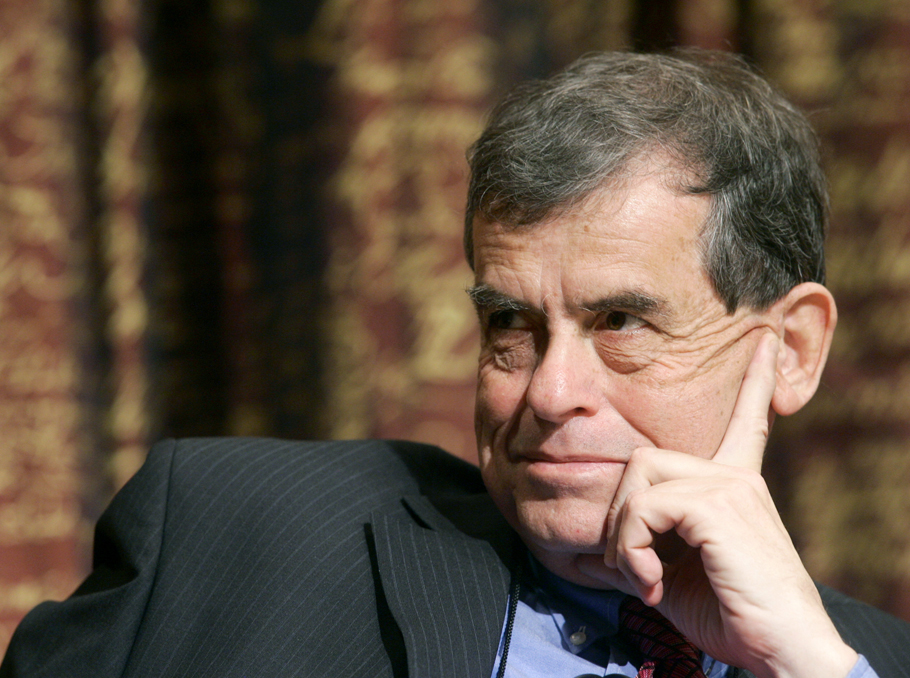 Aaron Ciechanover joint 2004 Nobel Prize Laureate for Chemistry is listening during a news conference in Stockholm
Aaron Ciechanover joint 2004 Nobel Prize Laureate for Chemistry is listening during a news conference in StockholmPhoto: REUTERS/Wolfgang Rattay
Born in 1947 in Haifa, in the family of Jewish emigrants from Poland. Biologist. Received Nobel Prize in Chemistry 2004 with Irwin Rose and Avram Hershko. A member of Israel Academy of Sciences and Humanities, Pontifical Academy of Sciences (Vatican), and a foreign associate of the United States National Academy of Sciences.
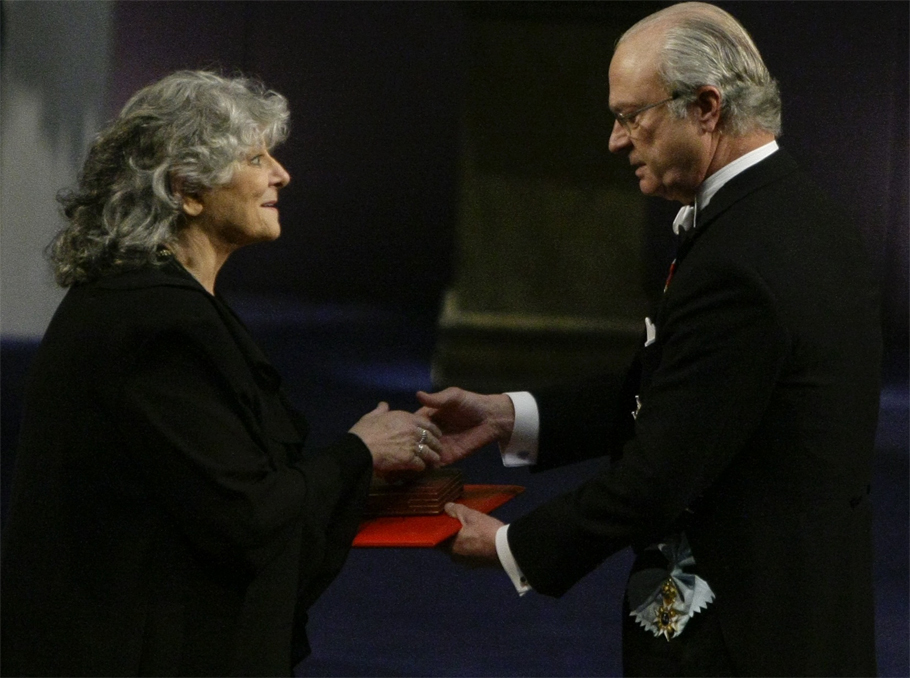 Ada Yonath of Israel receives the 2009 Nobel Prize in Chemistry from Sweden's King Carl XVI Gustaf at the Concert Hall in Stockholm December 10, 2009
Ada Yonath of Israel receives the 2009 Nobel Prize in Chemistry from Sweden's King Carl XVI Gustaf at the Concert Hall in Stockholm December 10, 2009Photo: REUTERS/Peter Andrews
Born in 1939 in Jerusalem. Pioneer of ribosome study. Cooperated with NASA. Received Nobel Prize 2009 "For studies of the structure and function of the ribosome".
Director of Center for Biomolecular Structure at Weizmann Institute.
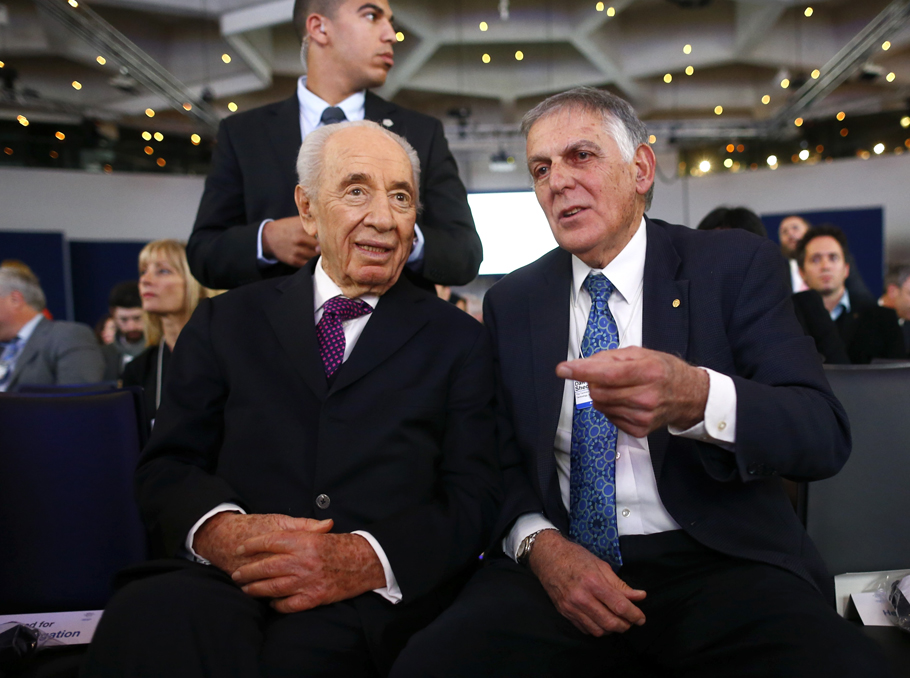 Israel's President Shimon Peres speaks with Dan Shechtman
Israel's President Shimon Peres speaks with Dan ShechtmanPhoto: REUTERS/Ruben Sprich
Israeli physicist and chemist received Nobel Prize 2011 "For the discovery of quasicrystals". He participated in and lost Israeli presidential elections in 2014.
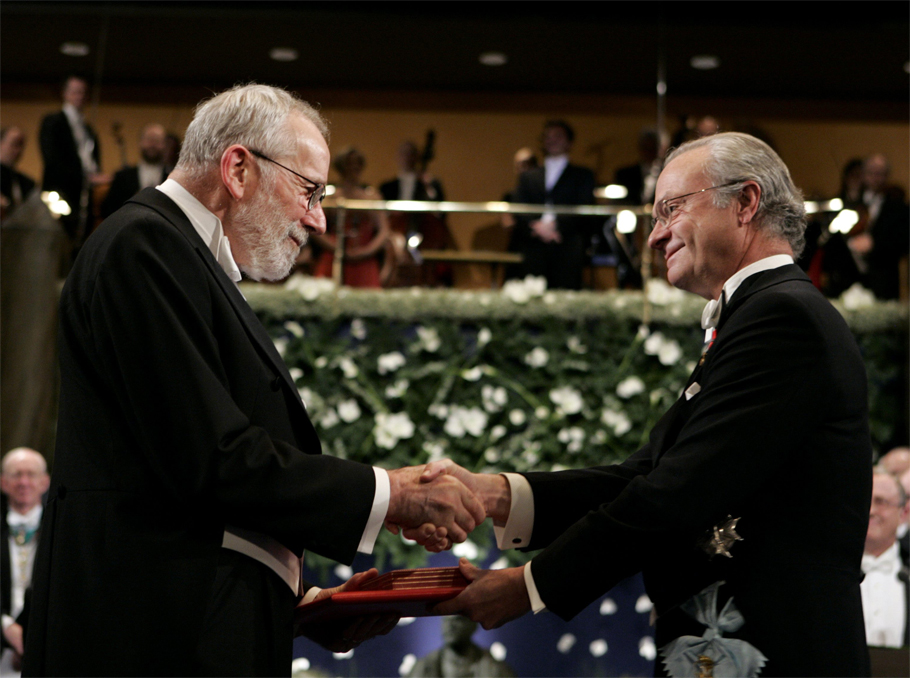 Nobel laureate in medicine Robin Warren of Australia receives his Nobel Prize from Sweden's King Carl XVI Gustaf, December 10, 2005
Nobel laureate in medicine Robin Warren of Australia receives his Nobel Prize from Sweden's King Carl XVI Gustaf, December 10, 2005Photo: REUTERS/Anders Wiklund /Scanpix
Australian scientist was born in 1937. Received Nobel Prize in Physiology or Medicine 2005. Re-discovered the bacterium Helicobacter pylori in 1979.
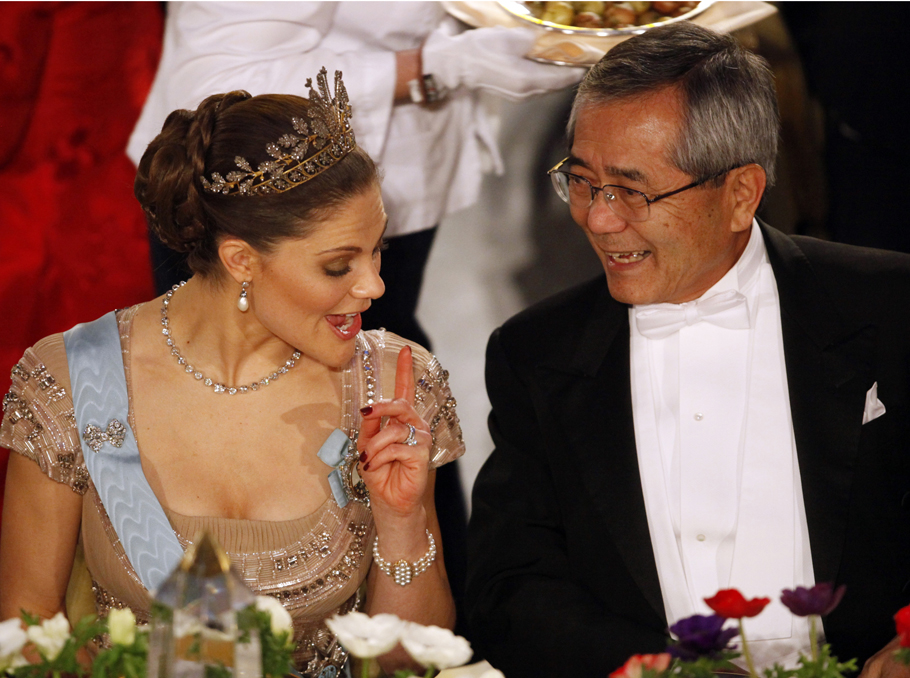 Sweden's Crown Princess Victoria and Japanese scientist Ei-ichi Negishi, winner of the 2010 Nobel Prize in Chemistry discuss during the Nobel Banquet in Stockholm's City Hall
Sweden's Crown Princess Victoria and Japanese scientist Ei-ichi Negishi, winner of the 2010 Nobel Prize in Chemistry discuss during the Nobel Banquet in Stockholm's City HallPhoto: REUTERS/Pawel Kopczynski
Japanese chemist was born in 1935. Famous for the discovery of the so-called Negishi reaction. Distinguished Professor of Purdue University (Indiana State). Received Nobel Prize in Chemistry 2010.
“Be inspired and create”
Konstantin Yenkoyan observes that the main goal of holding “Nobel Days” in Yerevan is to invite leading international scientists to Armenia, who will seek to motivate Armenian youth and show them how tangible science is today.
“We have great human potential, but honestly we cannot surprise the guests with the state of Armenian science. Certainly, we have brilliant individual scientists, however our science is not competitive at present. Science requires huge investments. A country is presentable by its culture, sport, and science. Our big goal is to have world-renowned Armenian scientists in future, who will represent Armenia herself and not other states,” says the main organizer of the event.
How to participate in the lectures
The event organizers emphasize that even though the main audience of the “Nobel Days” event are professionals and students in the fields of Medicine, Chemistry and Physics, nevertheless, the lectures will be open for everybody.
“Our guests will spend a week in Armenia and give nine lectures of public and professional nature. The content of public lectures will be comprehensible to everyone. You don’t have to be a doctor, a chemist, a physicist or a biologist to attend them,” says professor Yenkoyan.
To participate in “Nobel Days”, you should register on the official website of the event http://www.nobeldays.am/. The participation is free for Armenian residents who register until February 29. Those who apply later than the appointed date should pay EUR 20 for registration.
“Our wish is to make the event available to large number of people. The University organizes this event at its own expense, and naturally, has no commercial expectations. EUR 20 is not a big amount and will be used exclusively for covering some organizational expenses,” noted Konstantin Yenkoyan.
All lectures will be held at Yerevan State Medical University. The scientists will also participate in round table discussions, meet Armenian high school students, and visit Etchmiadzin and other places of interest in Armenia. The organizers wish the worldwide known scientists to see the real Armenia - with its people and colors.
Ekaterina Poghosyan










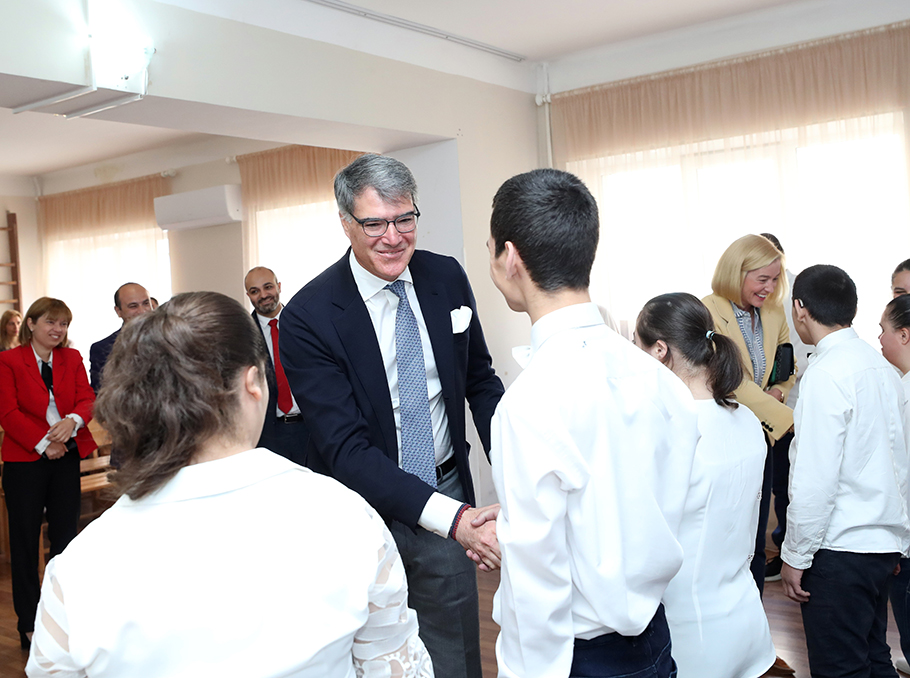
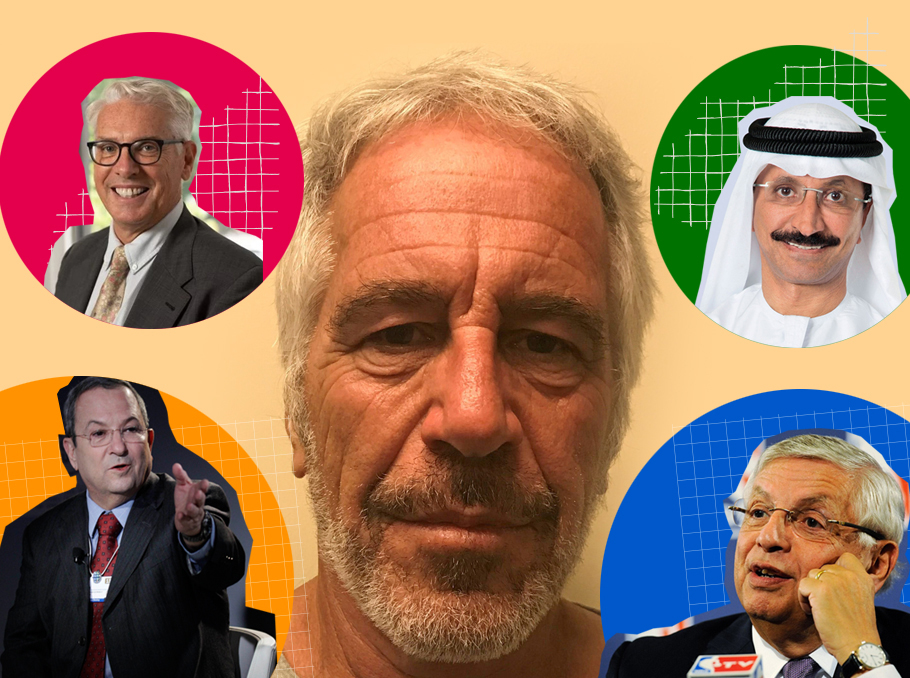







Comments
Dear visitors, You can place your opinion on the material using your Facebook account. Please, be polite and follow our simple rules: you are not allowed to make off - topic comments, place advertisements, use abusive and filthy language. The editorial staff reserves the right to moderate and delete comments in case of breach of the rules.